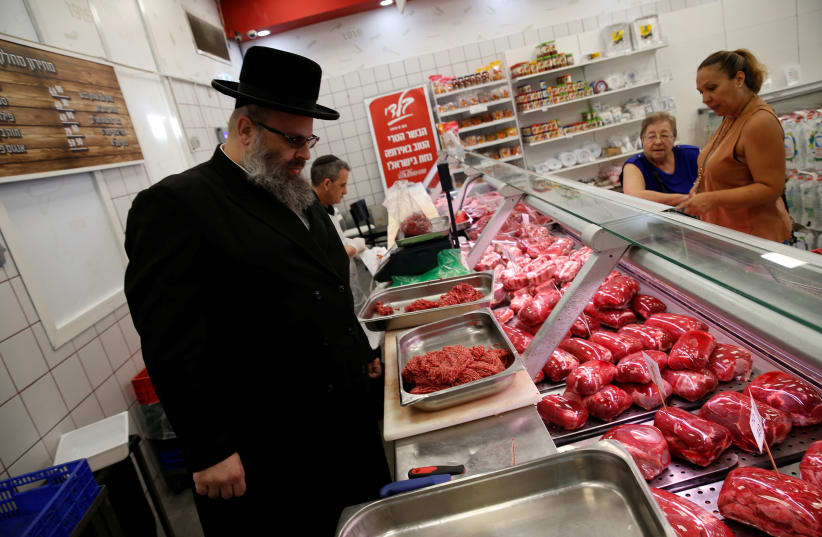By John Balzano – Forbes
Safety issues with the meat and meat products in China are causing controversy again. Last year a group of diseased pig carcasses came floating into rivers near Shanghai, causing concern about black markets for meat spreading foodborne illnesses. This time the meat supplier in China was engaged in a variety of unsanitary practices, including adulterating its products with expired meat.
Amidst the latest frenzy, the National Office of Food Safety (OFS) under the State Council is tightening supervision of manufacturing and distribution of meat and meat products. The OFS is attached to China’s National Food Safety Commission, which counts some of China’s most powerful leaders, including its premier, among its members and which sets high level food safety policy.
OFS released a Notice earlier this month requiring heavier governmental supervision of the safety of meat (including meat products). The Notice is intended to resolve issues with meat that is damaged by weather, severe heat, or improper storage, as well as fake or substandard meat. The Notice calls on the OFSs in the provinces to strictly enforce the law related to these issues.
Specifically, the Notice calls for the local OFSs in the provinces to organize local agencies to conduct targeted inspections of companies that manufacture meat products, wholesale markets, bazars, supermarkets, specialty meat stores, and food service establishments. The primary departments that will cooperate in this effort appear to be the China Food and Drug Administration, the State Ethnic Affairs Commission, and the Public Security Bureau (China’s police force).
The local OFSs and these agencies will be looking for substandard practices and scrutinizing the systems in place for testing incoming product, manufacturing controls, finished product testing, and storage conditions. Products must have documentation and seals to prove that they have been inspected and tested according to China’s Animal Disease Prevention Law and that they have undergone appropriate quality testing.
OFS is also directing localities to pay attention to supervision of the production of halal meat. Halal meat, which China is increasingly exporting to the Middle East, has been at the center of other recent adulteration issues. The Notice directs local OFSs to increase scrutiny of manufacturing licenses and labeling rules for halal meat. OFSs must direct particular resources to inspecting related slaughter houses, distributors, and food service establishments.
The Notice also includes a general requirement for setting up better systems to handle complaints from citizens about substandard meat and to track products. The local OFSs are required to establish a hotline for complaints and a system of rewards for whistleblowers. China has endorsed systems to handle reports from citizens and give monetary rewards for tips about food safety issues for several years now.
And, the punishments for non-compliance could be harsh. The Notice directs enforcement against violators to the full extent of relevant laws. The latest draft of the Food Safety Law that China’s legislature released for public comment at approximately the same time as the Notice includes, among others, penalties up to roughly $30,000 for distributing diseased or contaminated meat. The penalties mentioned in the Notice, and reinforced in the draft Food Safety Law, also include criminal prosecution. The government has exhibited an increasingly firm commitment to prosecute violators of food safety standards under the criminal law.
All of this might sound promising in light of the recent issues. But it also probably sounds fairly familiar. China has resorted to crackdowns and strict measures in the wake of its food safety missteps in the past. The explanation accompanying the latest draft of the Food Safety Law now promises the “strictest” penalties for violators. But the government will likely have to devote more resources to assisting companies with basic regulatory compliance and to inspecting for the severe problems which keep occurring with disturbing regularity. Certainly more needs to occur before we can say that the reforms are succeeding.




